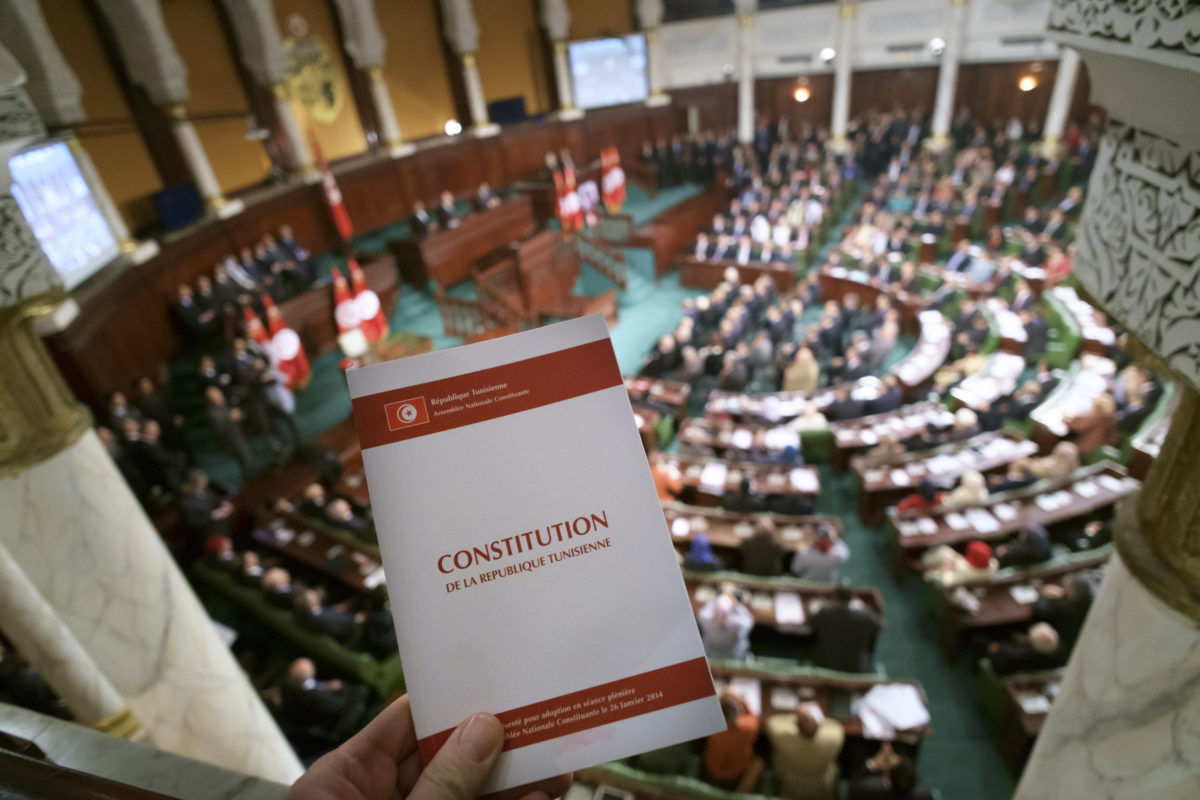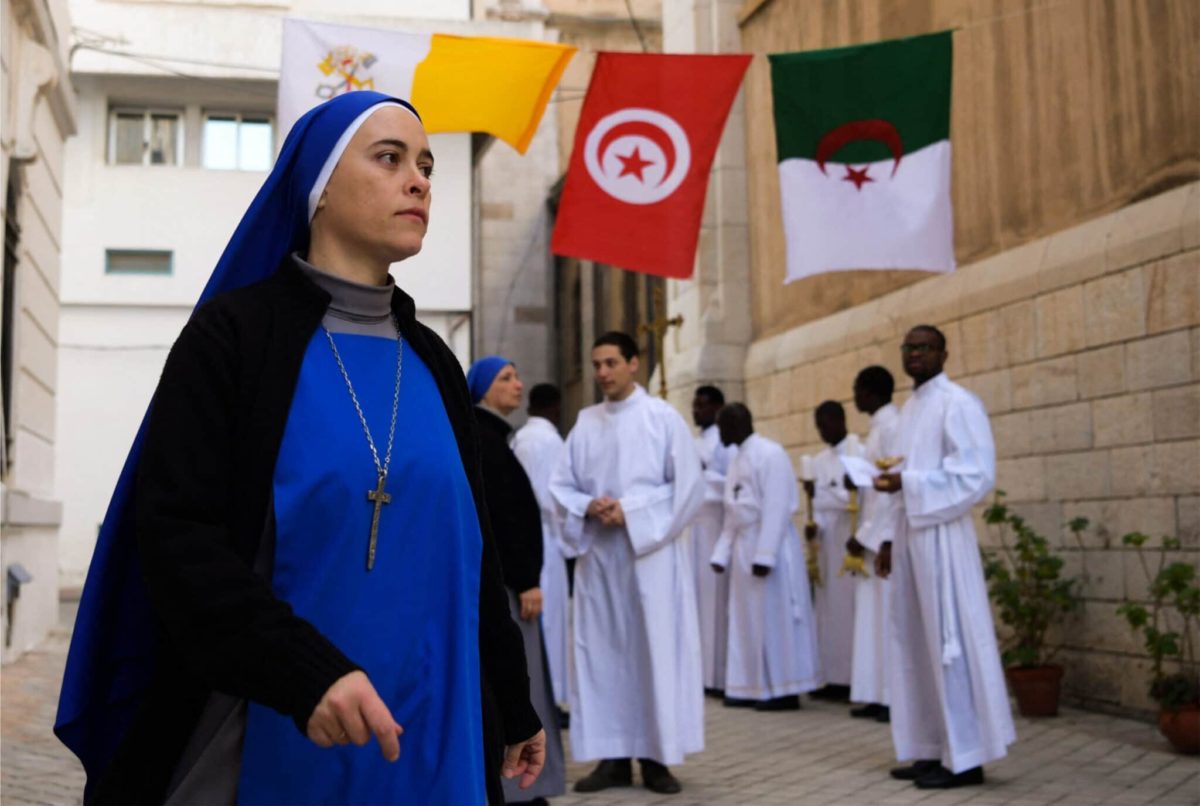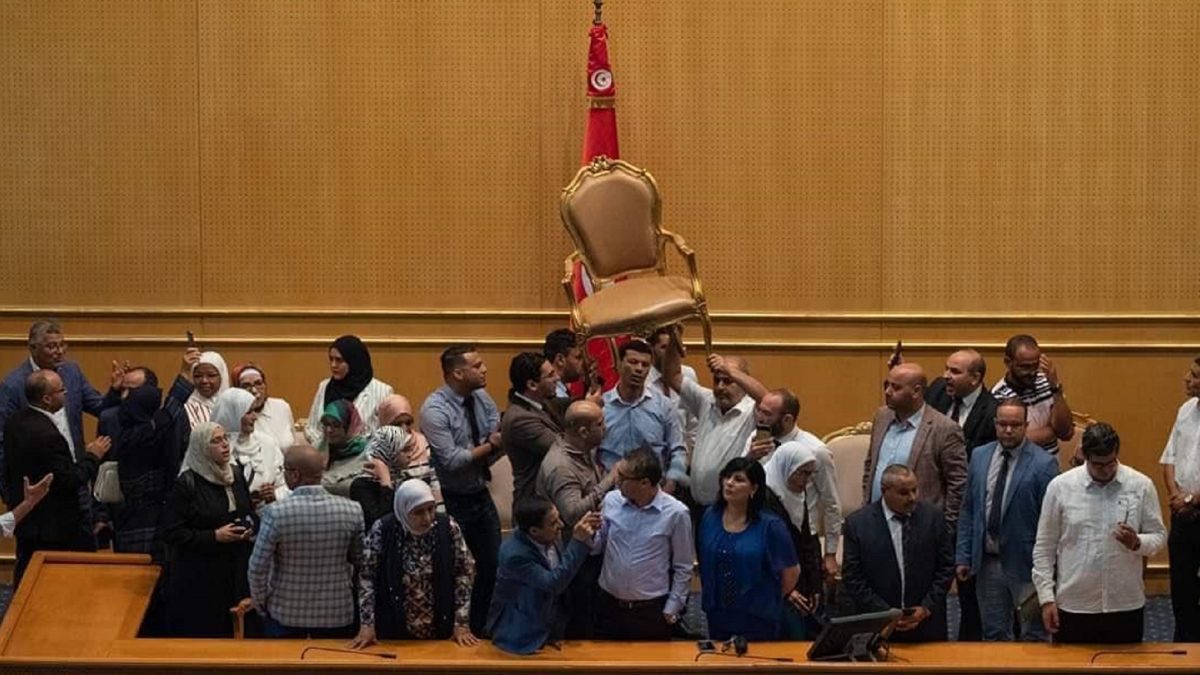OUR
NEWS & BLOGS
OUR
BLOGS
The role of Cultural Diversity in development
When we talk about cultural diversity, we should start by defining the term “culture.” Culture consists of customs, traditions, values and beliefs, laws and knowledge of deposits of a specific society. Thus, human beings are the result of their society’s culture.
There are 2 types of cultures:
1. A culture of development or advancement which promotes development. A culture that gives priority to the mind to achieve and invent the above traditions and enhances the understanding in which human beings are capable of creating a world they dream of or by their determinant wills able to choose and without imposed restrictions.
2. A culture of regression that reduces the dreams of development, tradition, making distinctions between people, anti-feminist in every way and antagonistic to individual rights of thought and expression and the right to be different in any way.
And although the Arab world has included numerous cultural patterns where we see a mix of ancient civilizations in the Arab West, ex. Phoenicians, Romans, Carthaginians and Christianity, Judaism and Islam. In Egypt, we see a mix of Pharaonic, Jewish, Greek, Christian, Roman, and Islamic influences. In Lebanon, Syria, and Palestine we see a Phoenician, Roman, Jewish, Christian, and Islamic mix. But the attempts of rules to uphold only one influence and one voice will inevitably lead to a conflict of cultures resulting in future wars between confused followers.
Culture and Development
Does culture have a role in development?
How does culture affect development?
What is the nature of this influence?
Why can Southern India feed 385 persons per square kilometer whereas equatorial Africa that God has blessed with abundant rain and fertile land, similar to India in climate and land formation and variation of inhabitants, is unable to feed 14 of its inhabitants per square kilometer?
International and scientific studies have determined that self-sufficiency in development is tied to social and national cultures as well as the general policies of the state, much more than dependence on financial status and resources alone.
The cultural and religious reference frames clearly affect economies (i.e.: paying taxes and avoiding paying them/ respecting promises and contracts). Traditional societies always resort to a refusal of anything new or different, and that is the reason for the failure of many development projects.
Therefore, cultural diversity provides an appropriate grounding for development and the major challenge lies in convincing the architects of political decision-making and those who implement such decisions to incorporate the principles of cultural variation and those varied cultural norms in the political collective and implementation of such principles in public life.
In our Arab world in particular we need to encourage cultural variance because there is no way to develop and move forward except through acceptance of our cultural variance, and this will not occur without respecting these collective principles and we cannot pick and choose one over another.
1. Respecting human rights
2. Respecting freedom of belief and expression of opinion
3. Separating faith from politics. Religion is a personal relationship with God whereas politics is the relationship between individuals, societies, or states
4. Declaration of the rule of law and recognition of equality before the law
5. Democracy becomes the basis of systems of government





